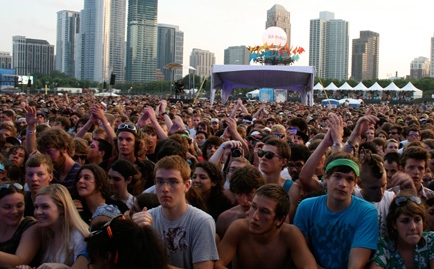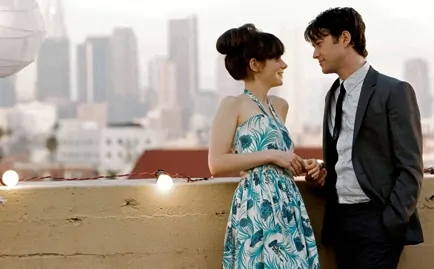Opportunities in developing countries don’t always reflect mankind’s equality
Both poverty and injustice represent a major problem for humankind. Some of us are left broken and shattered people, living without regular nutrition, or genuine health care, or even shelter from the elements.
Some of us feel a sense of guilt and dismay due to the disproportionate level of living we enjoy in the developed world, when compared to the standards of the so-called developing world.
Some for us, for differing motives, decide to do something about this problem. We realize mankind is equal, and that the development and opportunities of nations should reflect this. But what is the best answer to this problem?
I live in the Kingdom of Cambodia, in the capital city Phnom Penh. Back in the early 1960s, Cambodia was considered the Pearl of Asia. It was on track to becoming what nations like Singapore and (to a lesser extent) Thailand are today. The French colonization had left the Khmer people with a firm enough educational foundation, so as to bring about a progressive nation. But in 1975 a vicious and callous political party/military group called the Khmer Rouge took power within the nation. The Khmer Rouge had grown from a communist ideal, where the oppressed peasant class was seen as the true working class of Cambodia, and upon whom the entire nation should be built.
There were real issues of injustice and inequality within Cambodia at this time, but the political answer offered by the Khmer Rouge did nothing to help the problem.
They conducted a cruel initiative called Year One. The entire nation was forcibly brought back into an agrarian society. City dwellers were forced out into the undeveloped provinces to work the land. Educated people were systematically murdered, people with glasses were seen as a threat, teachers, English speakers and anybody who wasn’t a representation of this new peasant society was murdered. The political system was overthrown when Vietnam invaded in 1979. But the damage had already been done; some estimates put the death toll at 2.5 million people (around 20 percent of the population).
The party often used a proverb: “To keep you is no benefit, to destroy you is no loss.”
I was recently able to meet with a family in a province called Kampong Speu. The major area of employment in this region revolves around rice field care, construction work and garment factory work. All of these places of employment are empty and soulless; with any of them, people would be lucky to earn more than $1 to $2 a day.
There is a feeding program that has been helping people in this area for years. Organized by a well-known Christian ministry and partnered with the local church, this program has been providing daily food for over 40 children, as well as a free education. I interviewed a 12-year-old boy and his parents while doing a report to discover the effect this program has been having in the community.
The father of this boy was only 12 years old himself when the Khmer Rouge brought his nation back to Year Zero. He learned how to survive. He learned how to excel at menial labor. He learned to take nothing for granted—even his own life. His worth was based upon the amount of effort he could produce. He didn’t learn to read or write. He didn’t have any dreams about his future, past living through the next day. He was a slave to a political ideal.
While I was asking questions about what the young boy wanted to do when he finished school, his father couldn’t contain himself any longer. With tear-filled eyes, he began to speak of the dreams and desires he has for his son. Of how he was hopeful for the first time in his life that his son could have a different life to himself. Of how his son could be anything he chose, that he didn’t need to become a laborer, but instead, he could do anything, be anything, he could have the dreams that the previous generations had been robbed of.
Wearing his tattered and torn farmer’s clothes, I was struck by the hope in his words. Hope that went beyond his history and current situation.
I was witnessing an old man dreaming dreams, encouraged by the vision of the future his son has been offered.
Where political ideals had prevented any future or hope. This family has now begun to experience the change that a local-minded church can and should bring into its community.
I appreciate good politics, especially when compared to the destructive politics that had desolated my adopted nation. But I am learning that political ideals can’t meet people’s needs on a grassroots level. Ideas and initiatives declared from political pulpits can only go so far.
I believe in the local church.
I believe local churches should provide living and transformative Good News to their communities. People should be blessed by their local churches, just as if Jesus Himself were residing in their midst.
I have witnessed churches who provide whole communities with education, health care, practical development, food, water, business training and, most of all, love.
I strongly believe that the life of a local church is best expressed through what it does. Practically ministering hope and life to people who are passionately loved by their Father in Heaven.
An apolitical, local church sounds like a healthy and progressive response to the problems of injustice and poverty to me.
All it needs is people. Followers of Christ, who commit to becoming called out and are responders to the world around them, not just observers.






















